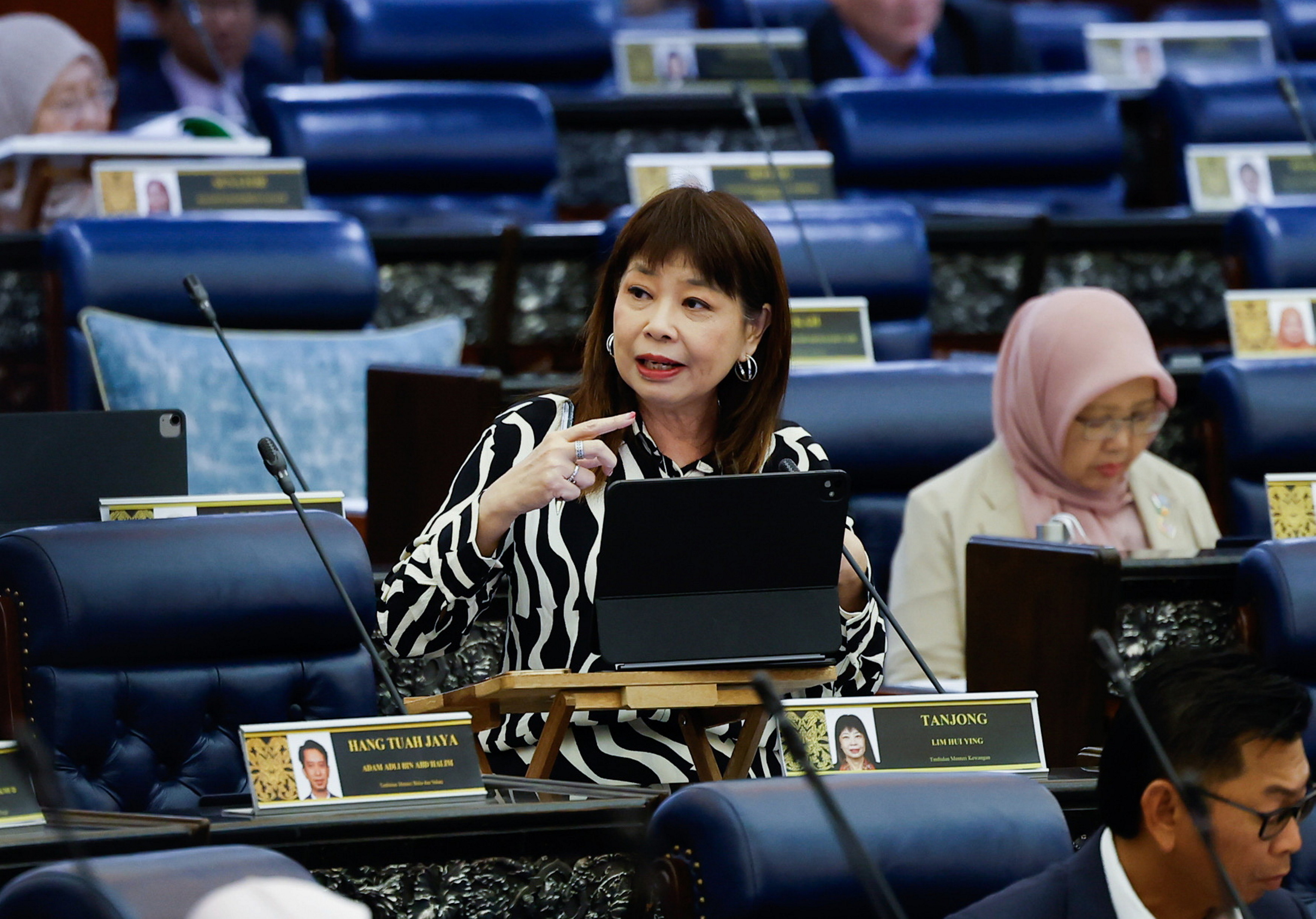KUALA LUMPUR, Oct 8 — The government’s efforts to implement fiscal consolidation to reduce the deficit have succeeded in saving RM20 billion in borrowings over two years, said Deputy Finance Minister Lim Hui Ying.
Fiscal consolidation has consistently lowered the deficit each year, from 6.4 per cent in 2021 to 4.1 per cent in 2024.
“The reduction in the deficit means borrowings fell from RM99.4 billion in 2022 to RM92.6 billion in 2023 and then to RM76.8 billion in 2024 — representing savings of more than RM20 billion over two years,” she said when winding up the debate on the Auditor-General’s Report 3/2025 for the Finance Ministry in the Dewan Rakyat today.
Lim added that the government’s borrowings have been prudent and targeted at strategic development sectors, including infrastructure, education, health, and social protection, which can stimulate long-term growth and improve citizens' welfare.
“In managing national debt, the government is bound by statutory borrowing limits. As of the end of June 2025, the Federal government’s debt stands at RM1.3 trillion, which is still below the statutory debt ceiling.
“The government will continue to take appropriate measures to reduce the deficit and new borrowings, including liabilities, as well as the country’s dependence on debt,” she said.
Meanwhile, Lim clarified that enforcement actions taken by the Inland Revenue Board (LHDN) against taxpayers are carried out under tax law provisions regardless of the taxpayer’s status.
She said that for delinquent taxpayers, civil enforcement actions are pursued through legal operations, including lawsuit filings, judgments, and the execution of judgments, as well as travel restrictions to prevent taxpayers from leaving the country.
“As of August 31, 2025, RM6.47 billion has been reduced from LHDN's outstanding tax receivables through payments and other actions,” Lim said.
Write-offs totalling RM337.14 million in 2024 were carried out in accordance with the procedures set out in the Treasury Circular and IRB guidelines.
She noted that these were limited to cases where collection could no longer be enforced, such as taxpayers who are deceased or bankrupt, or companies that have been wound up.



